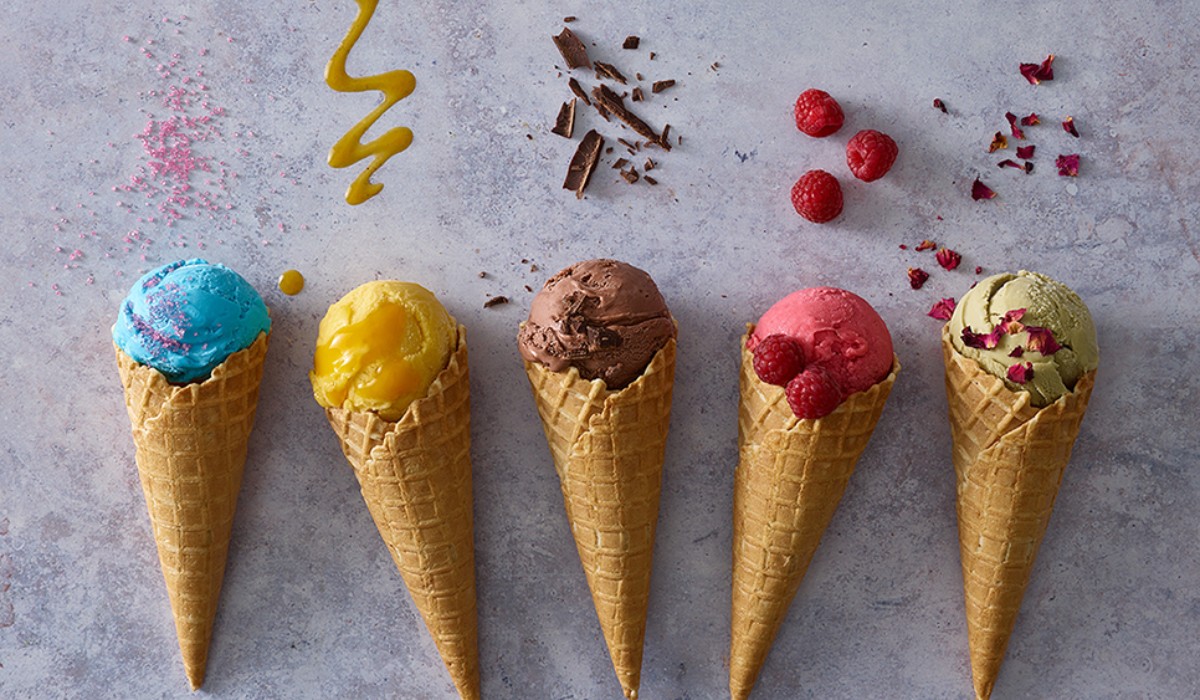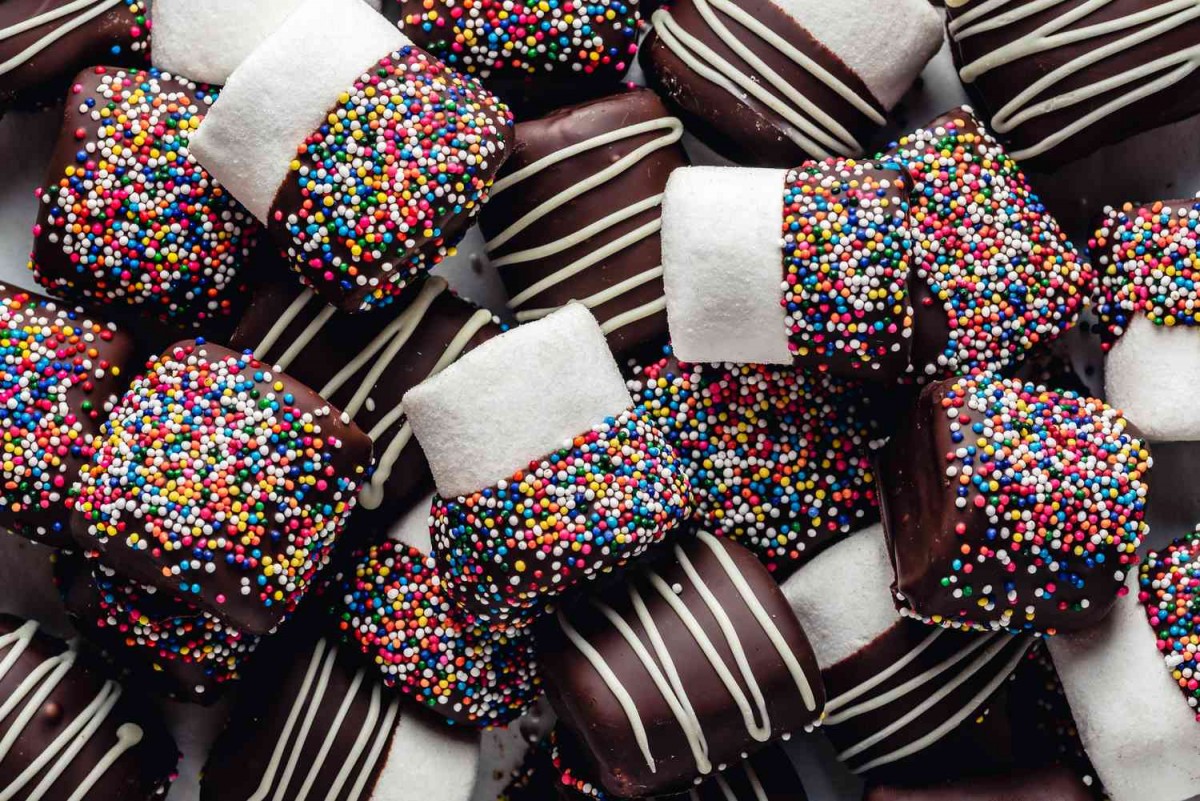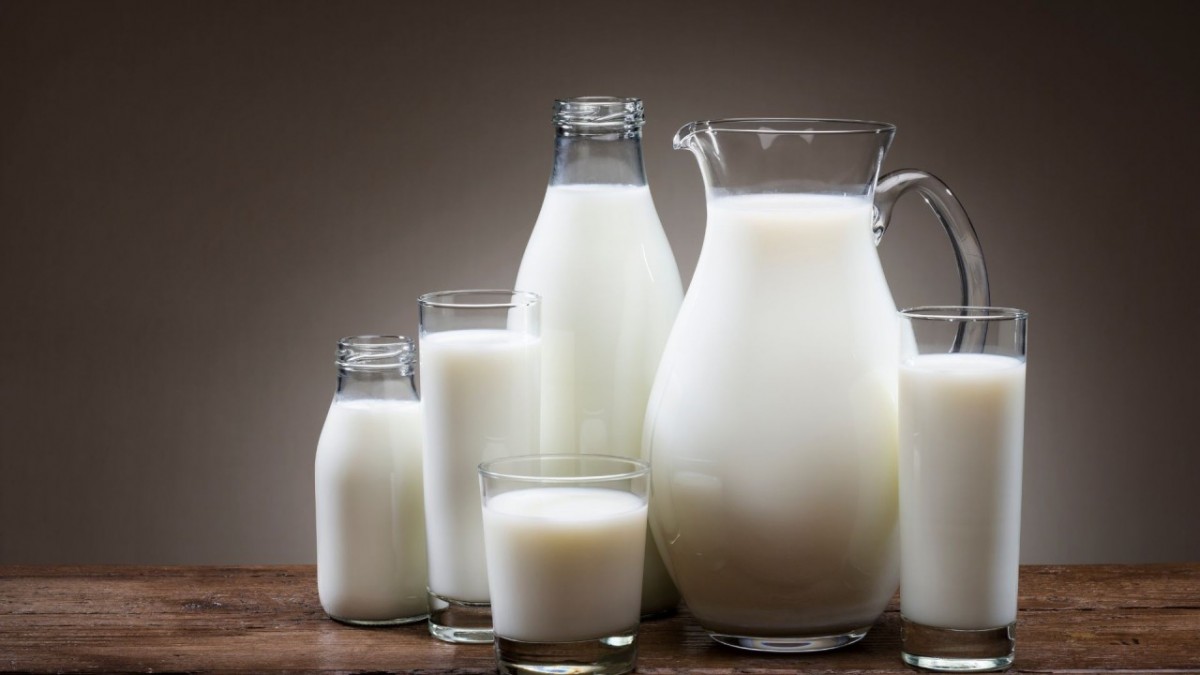If you’re well-versed in the world’s strangest and most specialized coffees, you’ve probably already heard of Kopi Luwak, sometimes called civet coffee. Some people believe that this specialty coffee is the best in the world, but there’s one big reason you may want to give it a pass – and it’s not the impressive price. Keep reading to learn what Kopi Luwak coffee is and why you probably shouldn’t drink it.

What is Kopi Luwak coffee, anyway?
Kopi Luwak is a famous (or infamous) Indonesian coffee that has been digested by an animal called an Asian palm civet. The civet is a cat-like creature that roams the forests of Bali at night, eating ripe coffee cherries and excreting the coffee beans. The beans are then gathered, cleaned, and roasted. The result? Kopi Luwak, also called civet cat coffee or cat poop coffee.
The history of Kopi Luwak coffee starts way back in the 1700s when the Dutch first set up coffee plantations in Sumatra and Java. According to legend, the locals noticed that wild animals were eating the ripe coffee cherries and leaving the beans behind. They were prohibited from harvesting coffee beans for themselves, so they started brewing coffee from these discarded beans.
More recently, this specialty coffee started showing up on the gourmet coffee scene in America in the 1990s. This was thanks to Anthony Wild, author of the famous coffee book, Coffee: A Dark History. These specialty beans soon appeared on the Oprah Winfrey Show and in the Jack Nicholson movie, The Bucket List.

What’s the Kopi Luwak price?
Kopi Luwak was all the craze then and has continued to be pretty popular ever since. And it’s famous for something other than its unique processing: its price. A cup of Kopi Luwak coffee typically costs between $35 and $100, and the per-pound price can range from $100 to $600. That’s 20 to 60 times more expensive than average coffee!
Why would you want to eat drink poop coffee?
Cat shit coffee does sound gross, but there’s a good reason that Kopi Luwak is so sought-after. The idea is that unlike human coffee pickers, wild animals will only eat the best, ripest cherries, so you don’t end up with inferior, unripe beans. Plus, the enzymes in the civet’s digestive system alter the coffee beans, producing a smoother cup of animal coffee.

How do they do that? While passing through a civet’s stomach, the cherries get fully stripped of their fruity exterior. It’s essentially a very thorough washing process that prepares the beans for drying and roasting. Without any fruit left on the bean, mold doesn’t grow, resulting in a better cup of coffee.
ANIMAL COFFEE FUN FACT: There’s another kind of animal poop coffee. Though it’s often called monkey poop coffee or monkey shit coffee, the coffee produced by rhesus monkeys and macaques in Taiwan and Indian is actually chewed and spit out.











